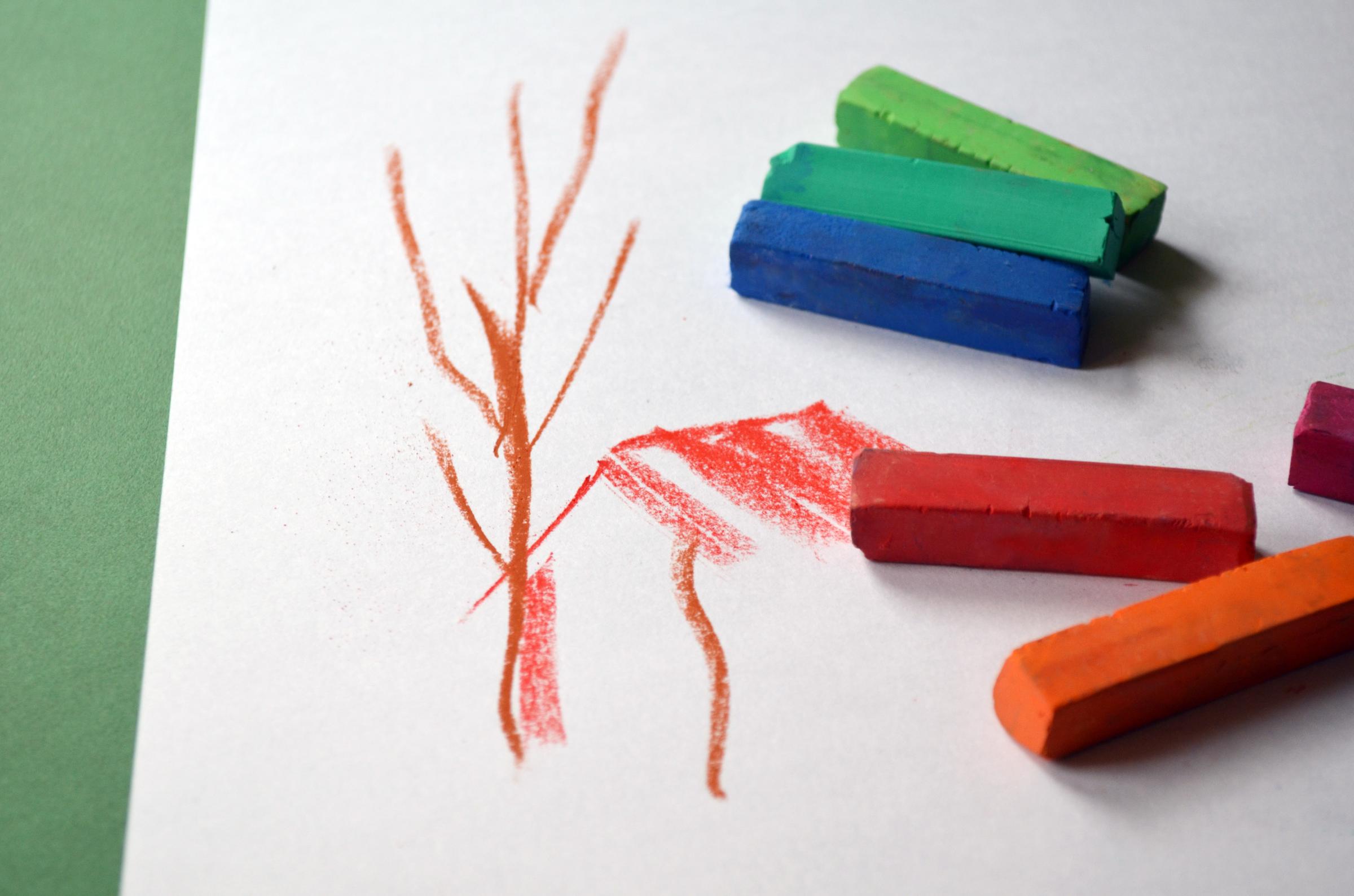Assistant Principal's news

Preparing your child for return to school
It’s normal for people to experience a variety of emotions in response to a crisis like COVID-19 and the changes it brings. It’s helpful to acknowledge the complexity and uncertainty of the current situation and to understand that it’s normal to feel overwhelmed, anxious, fearful or stressed as we transition through yet another change in school life.
Taking the time to notice, name and accept all our emotions is important. Mindfulness is a helpful approach to use, as it allows us to be aware of our thoughts, emotions and sensations without being resistant to them.
Power of positive emotions
Taking the time to experience positive emotions can increase your wellbeing during unpredictable times. Some simple ways to tap into positive emotions and improve wellbeing include:
- Gratitude: At the end of each day, think of one or two things you are grateful for.
- Kindness: Simple things like asking your neighbours if they need help, smiling at others (from a distance) on your walk, or checking in on a friend can all help generate a culture of kindness.
- Experience joy: Think about ways to generate joy in your day, such as by spending time in nature, watching a comedy, reading a good book, exercising, taking up a new hobby, or connecting with family and friends online.
Coping strategies for change
According to a growing body of research, children learn how to cope with change and the ups and downs of life by developing resilience. Psychologists today now know that it’s one of the most important qualities parents can teach their kids (along with compassion).
And how do they learn it? Apparently by watching us. Studies have shown that children as young as two years old copy the coping, stress-management and thinking styles of the adults around them. As your children transition back to school, they will experience big change (such as leaving mum, dad or carer at the gate, perhaps a different eating/play time) and small change (not sharing pencils or washing hands many times a day).
Some strategies to prepare your child for change can include:
- Create a safe environment – children need to feel safe to ask you anything about the changes they’re facing. Asking questions helps children process change and the answers they receive from the people they trust most will help them transition.
- Give them warning – like adults, no child will cope well with change being sprung on them. If you can, start talking through the changes early so they can get their head around it.
- Stick to routines as much as possible – try not to change everything at once. If you have routines in place like bedtime rituals, the books you read even the TV shows you all watch, try to keep those in place where possible.
- Let them grieve - when any of us make any kind of change in life, we leave something behind. Let your children talk about what they miss and don’t try to point out all of the wonderful things in answer to these. Looking at what they miss but what they are going to look forward to is a nice balance.
- Be prepared to weather the change – many kids don’t adapt immediately and there may be tears and tantrums, followed by major parental guilt. Expect that it can take time for children to adjust. The key is to remain consistent.
Our School Council President, Jane Kingsley, has provided a link to an e-book which may be a helpful tool to use with your child as you prepare to return to school.
https://en.calameo.com/read/000777721945cfe5bb9cc?authid=Xu9pcOzU3TQx
